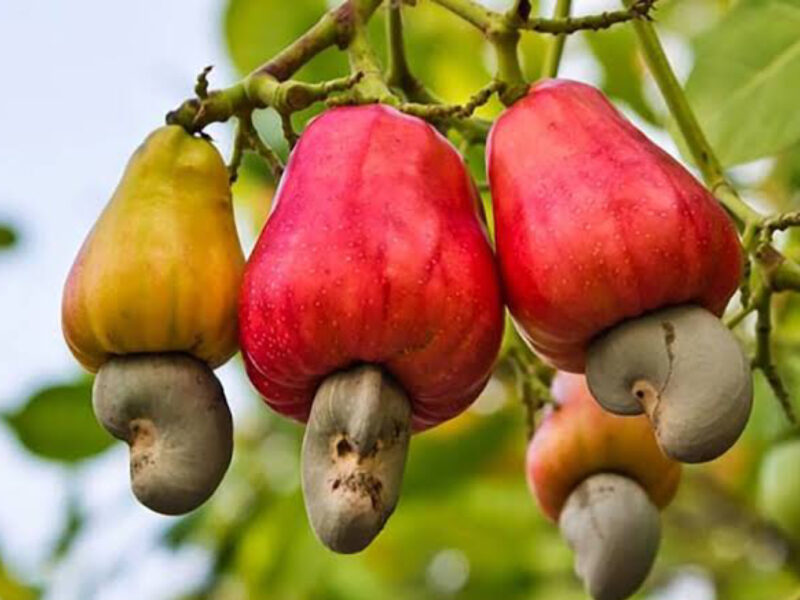Economic Potential of Cashew Production in Nigeria: NCAN President Advocates for Investment in Value Chain
ABUJA – Dr. Ojo Joseph Ajanaku, the President of the National Cashew Association of Nigeria (NCAN), has highlighted the significant economic potential of the cashew value chain, stating that it could generate up to $2.4 billion annually for the nation. In an interview, Ajanaku emphasized that with the right support, the cashew tree could not only bolster foreign exchange revenue but also alleviate unemployment and related social issues across Nigeria’s 22 cashew-producing states.
Ajanaku pointed out that Nigeria has abundant arable land and a large population that can be mobilized to grow cashews. He emphasized the importance of scaling up production, noting that achieving a target of 2 million metric tonnes per year is feasible. Achieving this milestone could significantly enhance the country’s foreign exchange earnings.
“The current production levels need to be increased,” he said. “With the Ogbomosho variety, which is widely accepted and high-yielding, we aim to expand its cultivation in Oyo and Kwara States. This variety can yield between 800 to 1,000 kg per hectare initially, and with efforts to improve practices, we could increase this to 1,500 kg.”
To support this growth, the NCAN is collaborating with the Federal Ministry of Agriculture and Food Security to develop a national cashew policy aimed at boosting production. They are also working with international development partners to foster innovation within the sector.
Ajanaku drew attention to the multitude of by-products derived from cashew, such as cashew syrup, cashew wine, and cashew nutshell liquid—which is more valuable than ethanol—yet noted that many of these opportunities remain untapped.
“Cashew trees require labor primarily during the first two to three years, after which they can produce for over 50 years,” he explained. On the current foreign exchange earnings from cashew, he cited estimates from the Central Bank of Nigeria (CBN), which suggest they range between $300 million and $400 million—figures he described as relatively low, especially since the country mainly exports raw cashew.
Major cashew-producing regions in Nigeria include Kogi, Kwara, Edo, and Ogun states, with rising activities in Nasarawa and Benue states. Ajanaku underscored the need for better local consumption, stating that the high cost of cashews makes them less accessible compared to groundnuts. He voiced the association’s goal to promote the medicinal benefits of cashews to stimulate local interest.
To bridge the gap in production and capacity, the NCAN is engaging youth and women through the Farmers Business School, where they learn about agribusiness and the relatively straightforward nature of cashew farming.
“Our initiatives include setting up nursery farms nationwide, with particular attention to locations like Benue, where we can ensure easy access for farmers,” he added. Ajanaku also shared an example from Enugu, where a previously abandoned state-owned cashew farm was repurposed. The government allocated one hectare each to youth, enabling them to safeguard the property while gaining valuable agricultural experience.
With these concerted efforts, Ajanaku is optimistic that cashew production in Nigeria can reach new heights, transforming it into a vital player in the national economy.










Join our Channel...